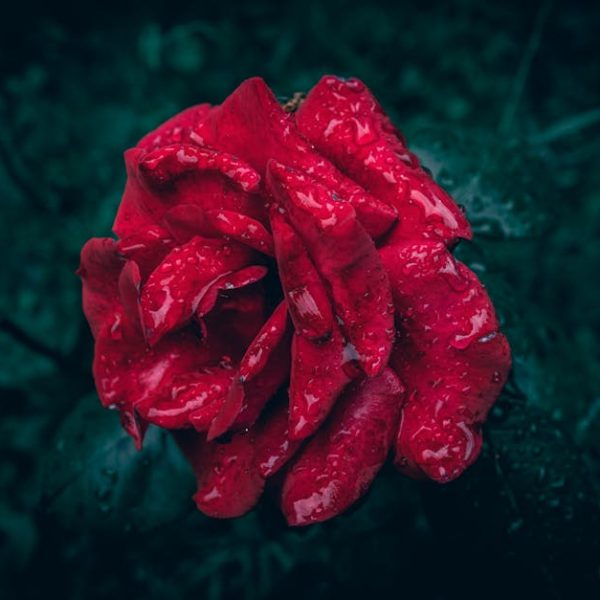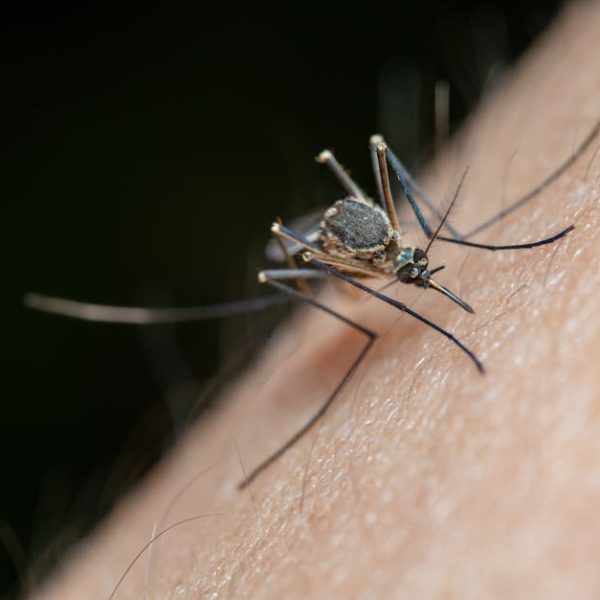If you’re trying to maintain a clean, gnat-free home or garden, one of the most efficient and natural methods for control is the use of neem oil. Derived from the seeds of the neem tree, this oil has been celebrated for its pesticidal properties for centuries, particularly its effectiveness in curbing fungus gnat infestations.
Understanding Fungus Gnats and the Necessity for Control
Fungus gnats are small, dark, short-lived insects, similar to mosquitoes in their structure. They represent a nuisance factor for houseplants or gardens as their larvae primarily feed on plant roots, potentially harming or even killing the plant. Given their propensity to multiply rapidly and the potential issues they pose to plant health, controlling these gnats becomes a paramount task for any enthusiast.
These pesky insects often inhabit areas with excessive moisture. They can appear in houseplants that are overwatered, in drainage areas, compost piles, or trash bins, to name a few. By curbing these infestations, advantages such as improved plant health, reduced plant replacement costs, and a lessened nuisance factor become evident. However, there can be drawbacks, including the effort and cost of implementing control measures and the potential for using solutions that could harm non-target organisms.
Basics of Neem Oil as a Natural Pesticide
Neem oil, extracted from the seeds of the neem tree, possesses natural insecticidal properties that make it particularly effective against a variety of pests, including fungus gnats. Neem oil disrupts the life cycle of insects at all stages (egg, larvae, and adult), making it a great deterrent for pests.
The process of using neem oil against gnats involves preparation steps like diluting the oil with water according to the recommended ratio, usually a few teaspoons of neem oil per one liter of water. Also, be sure to cover all plant surfaces with the spray, paying particular attention to the underside of leaves where gnats often reside.
Proper use of neem oil can result in a noticeable reduction in the number of gnats. Tips to optimize usage include shaking the mixture well before use, using it during the cooler hours, and repeating the application at least twice a week for effective gnat control.
Neem Oil For Indoor Fungus Gnat Control
When dealing with indoor gnat infestations, neem oil provides a safe and effective solution. It can be used for treating the soil of houseplants, creating an environment that’s unsuitable for the gnats to lay eggs.
While using neem oil indoors, there can be some challenges, including the potential for oil buildup on indoor surfaces if not properly managed. This can be mitigated by careful application and immediate cleanup of any excess spray. The comparison to other indoor gnat control methods will reveal that neem oil often emerges as a more natural and non-toxic option.
Adopting the best practices for the use of neem oil indoors can increase its effectiveness. It includes applying the oil when the room temperature is below 27°C (80°F) to prevent plant burn and ensuring thorough coverage of the plant to subdue both existing gnats and curb future infestations.
Neem Oil For Outdoor Fungus Gnat Control
Neem oil is also immensely beneficial in controlling outdoor fungus gnat populations. A well-prepared and properly applied spray can be used directly on garden soil and compost piles to disturb the life cycle of the insects and prevent further breeding.
There can be challenges in using neem oil outdoors particularly due to weather conditions like rain which can wash away applications, requiring repeated sprays. However, as compared to other methods of outside gnat control, neem oil remains a viable, eco-friendly option that does less harm to beneficial insects.
For optimal results, best practices in using neem oil outdoors include choosing a calm, dry day for application to prevent wind or rain from washing the spray off the plants and soil. Also, similar to indoor applications, one should ensure thorough coverage of all plant surfaces for complete control.
Safety Precactions and Recommendations When Using Neem Oil
While neem oil is a natural pesticide, like any substance, it should be used with care. It is safe for humans and pets, but direct contact with the concentrated product can cause skin irritation or allergic reactions in some individuals.
Safe and effective neem oil application includes wearing protective gear like gloves and eye protection during preparation and application, and storing the unused product out of reach of children and pets. Furthermore, being mindful of avoiding spraying on flowering plants when beneficial insects like bees are present can serve to minimize potential harm to friendly fauna.
For optimal safety and efficiency, a checklist for using neem oil should include the aforementioned safety precautions, as well as points like checking the temperature before application and maintaining a regular application schedule.
Pro tips for safe and efficient use of neem oil include discarding any unused mixture as neem oil loses its potency after a few hours, and avoiding application during excessively hot weather to protect your plants from damage.
Following the above guidelines, using neem oil can prove to be a sustainable and effective measure for eradicating gnats, promoting a healthier environment for your plants to thrive in.
Key Takeaway:
- Fungus gnats pose a threat to plant health and multiply rapidly, making their control essential.
- Neem oil, a natural insecticide, is an effective solution against fungus gnats, disrupting their life cycle at all stages.
- Proper use of neem oil involves diluting it with water and ensuring thorough plant coverage, ideally during cooler hours.
- Neem oil is an effective indoor and outdoor gnat control solution, though challenges such as oil buildup indoors or weather conditions outdoors might require careful management.
- While generally safe, neem oil usage should include necessary safety precautions to avoid skin irritation or harm to beneficial insects.
Take heart, fungus gnat infestation is a common issue faced by many plant enthusiasts. However, natural and effective solutions like neem oil can keep these pests at bay. With careful preparation, mindful application, and proper safety measures, you can protect your plants and maintain a gnat-free environment. Remember to respect all life and minimize potential harm to non-target organisms.
FAQs
Q: How often should I apply neem oil for effective gnat control?
A: For best results, repeat the application of neem oil at least twice a week. Frequent applications increase the chances of disrupting the gnats’ life cycle effectively.
Q: Is there an ideal time to apply neem oil on plants?
A: Yes, it’s recommended to use neem oil during the cooler hours of the day, ideally early morning or late evening. Avoid application during excessively hot weather to protect your plants from damage.
Q: Can neem oil harm my pets?
A: Neem oil, when used as directed, is generally safe. However, like with any substance, it’s best to keep it out of reach of pets and children to avoid accidental ingestion or contact.
Q: Is neem oil effective against other pests as well?
A: Yes, neem oil is known for its broad-spectrum insecticidal properties. It can control a variety of pests beyond gnats, such as aphids, mites, and whiteflies, among others.
Q: What should I do if rain washes away the neem oil applied outdoors?
A: If rain washes away the neem oil, simply reapply once the weather clears. To maximize effectiveness, try to apply neem oil on a calm, dry day.
Thank you for reading! Share this article if you found it useful, and explore more posts on our website for additional insights and tips on plant care.






